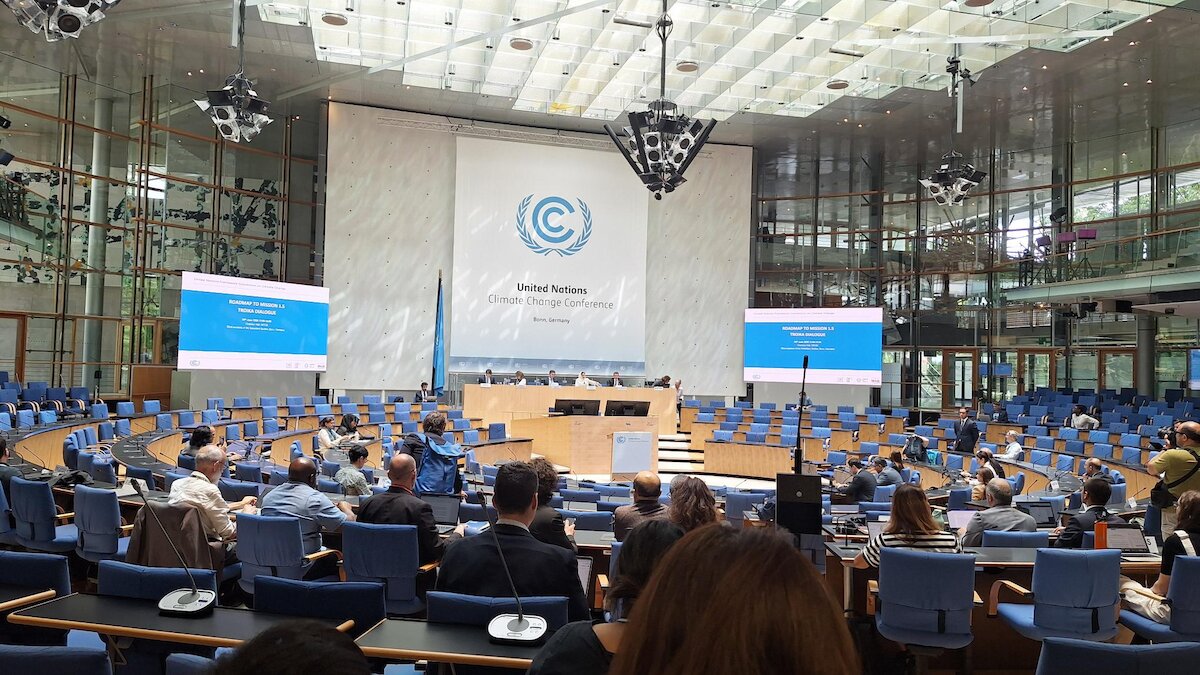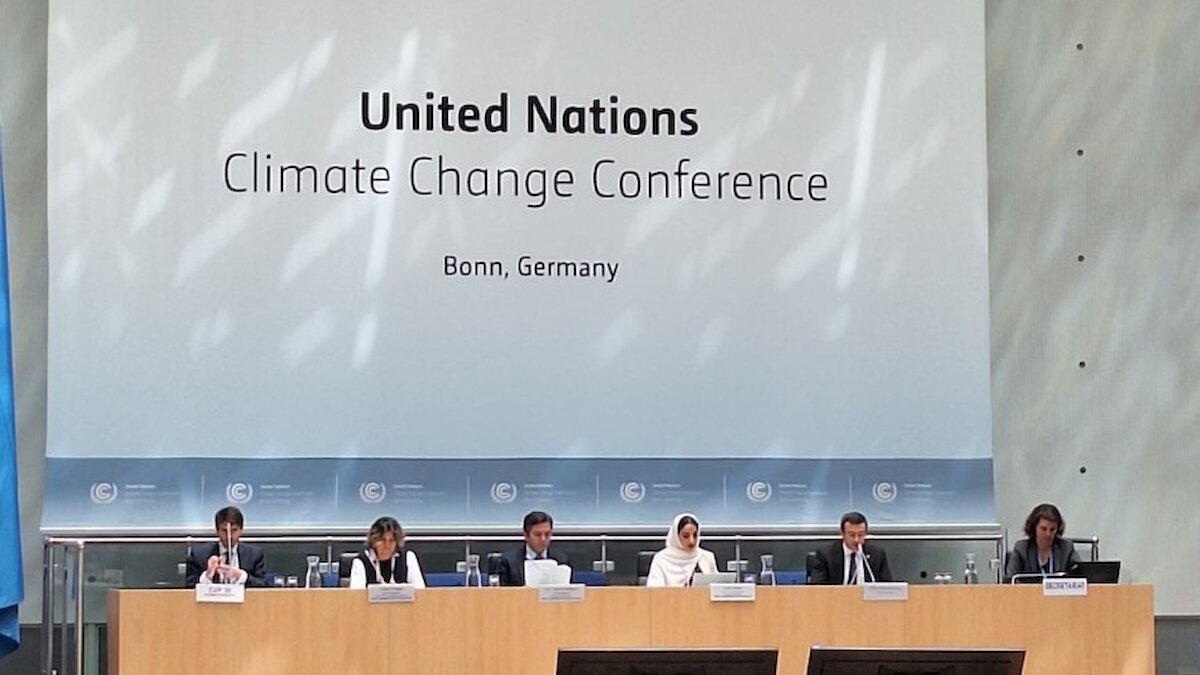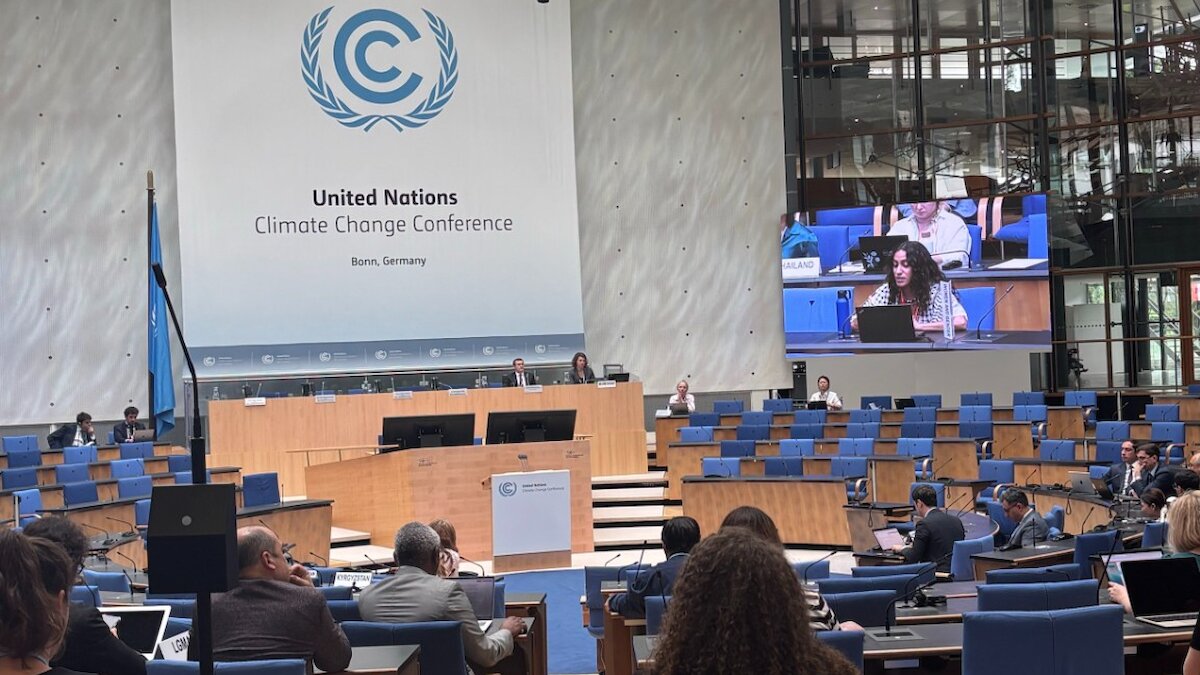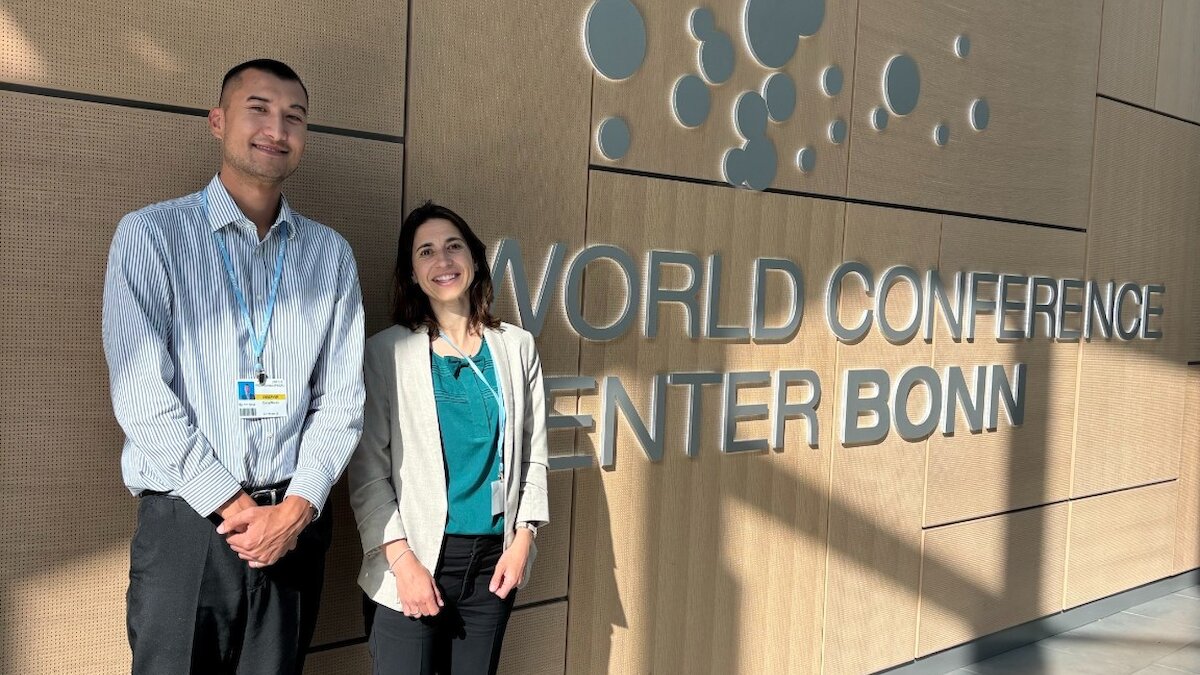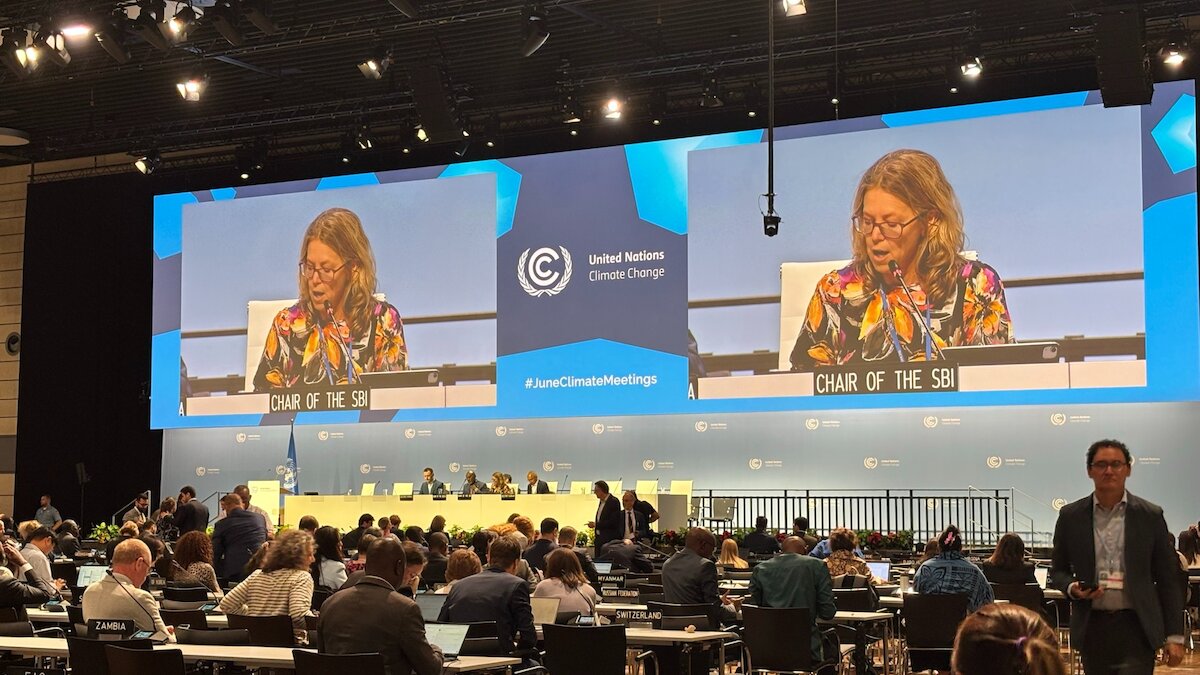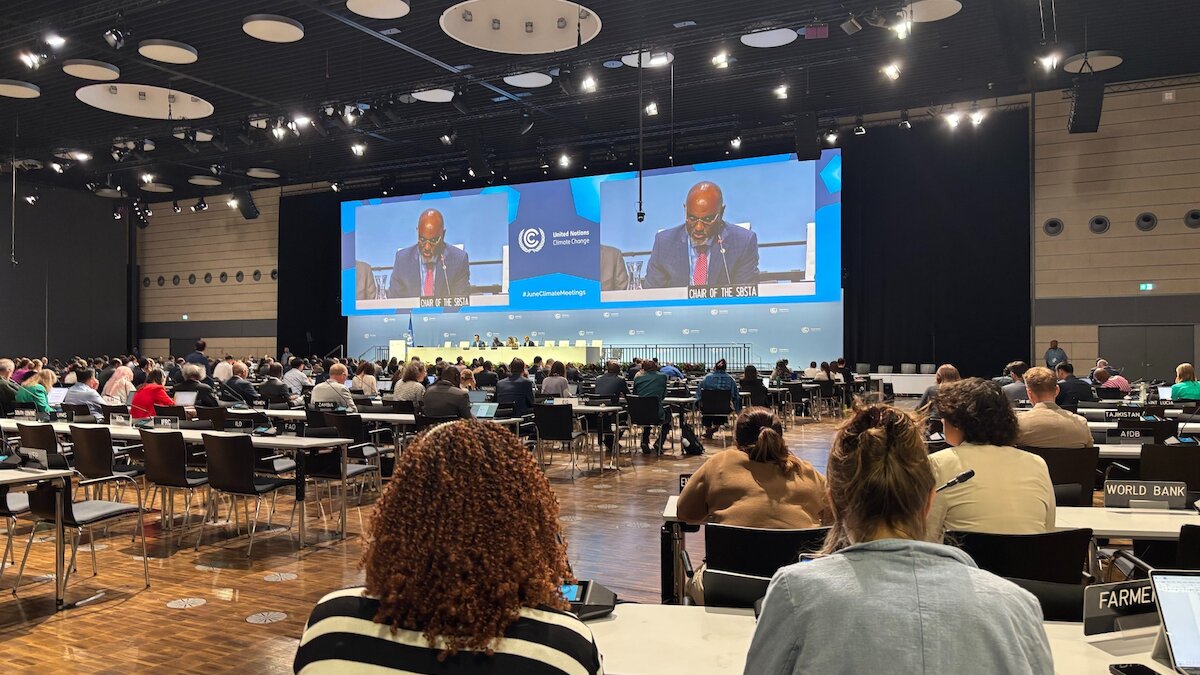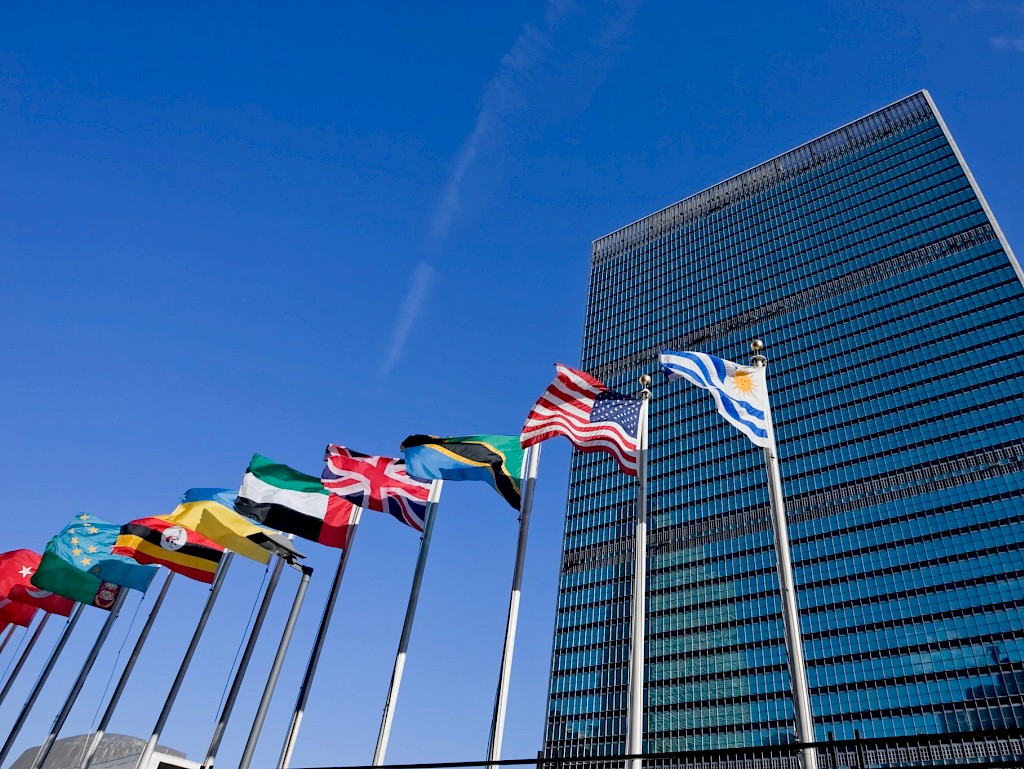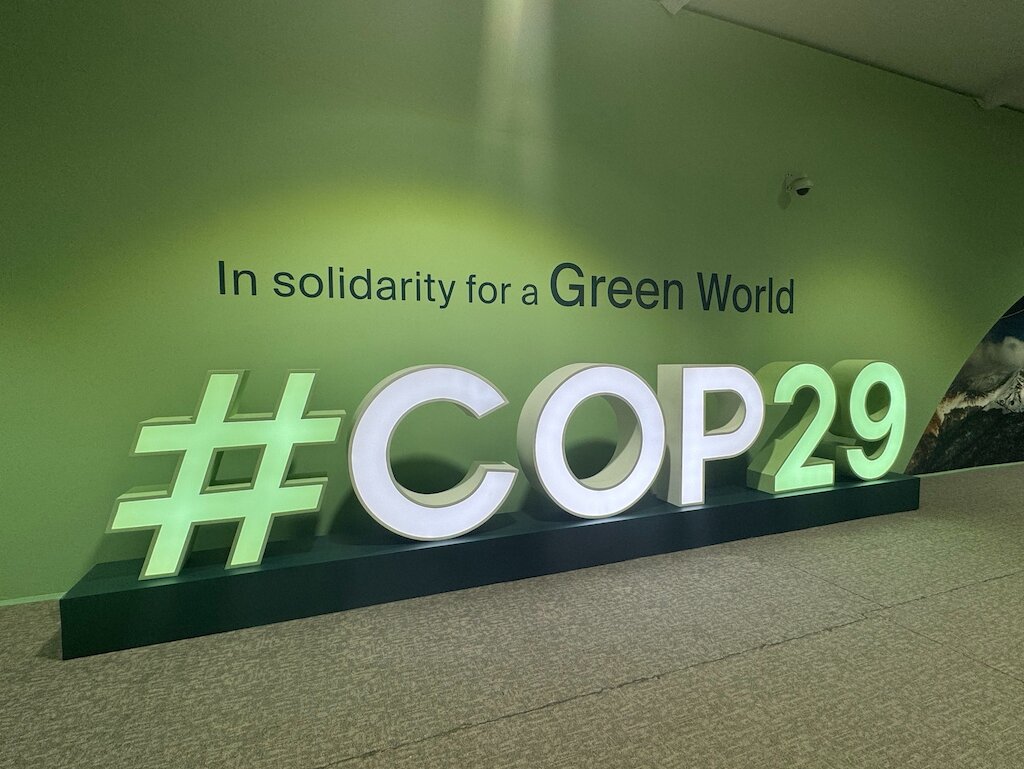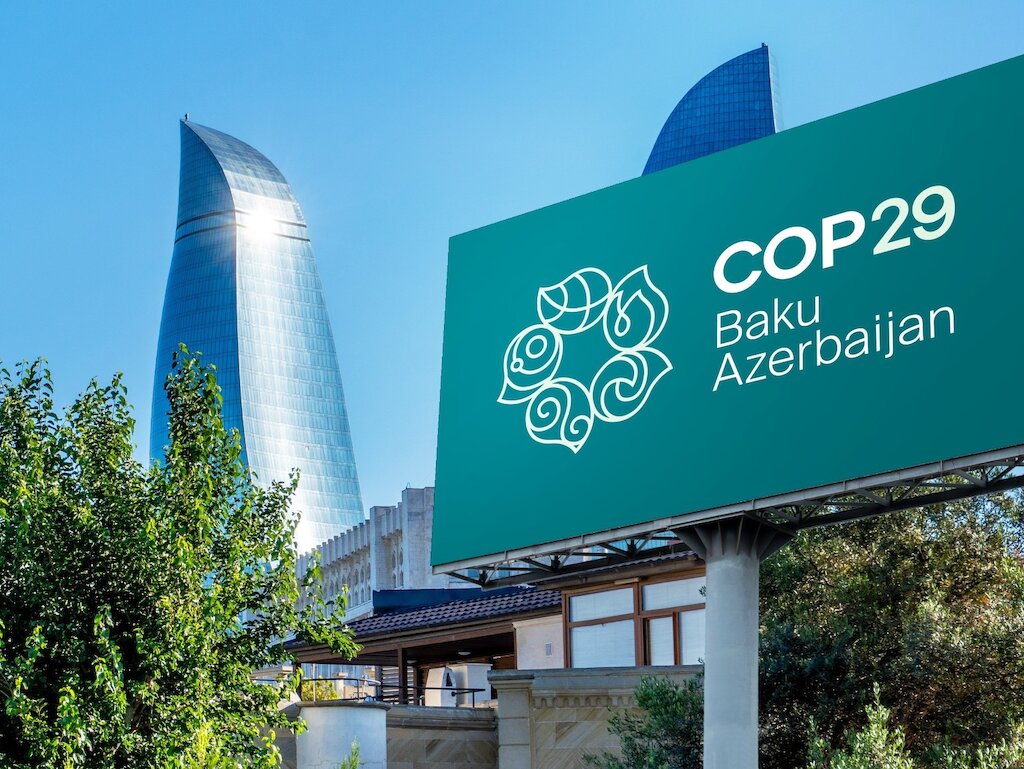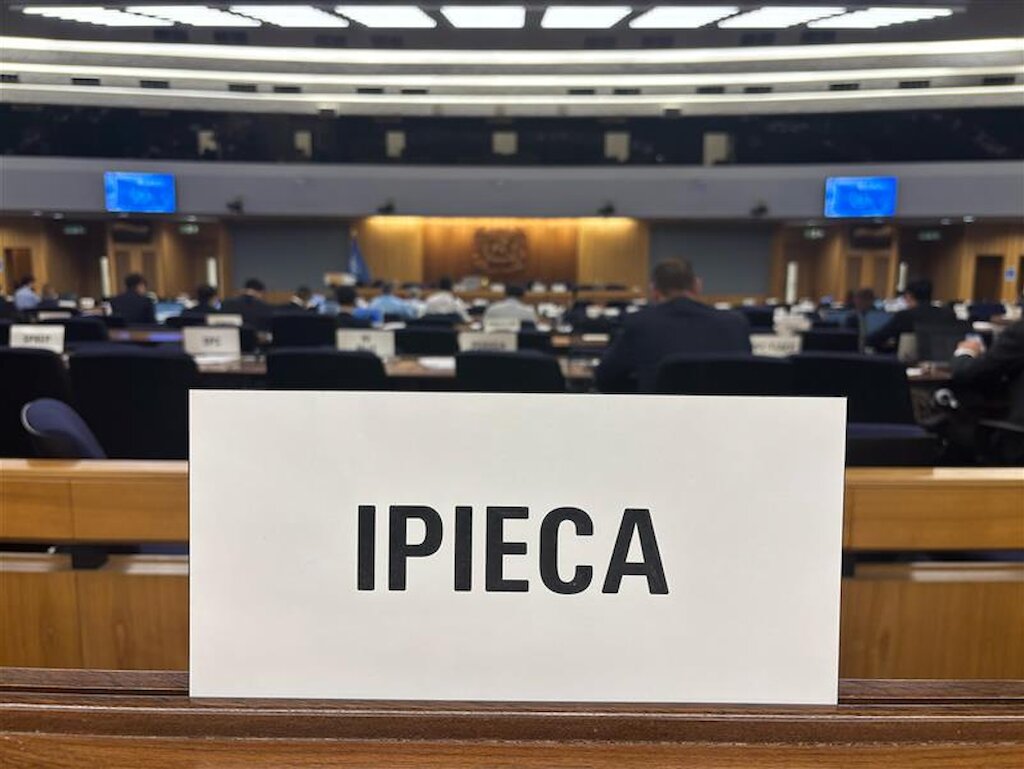The 62nd sessions of the Subsidiary Body for Scientific and Technological Advice (SBSTA) and the Subsidiary Body for Implementation (SBI) of the UNFCCC took place in Bonn, Germany, from 16 to 26 June 2025.
Ipieca Secretariat representatives attended the 62nd session of the Subsidiary Bodies (SB 62) as UN official observers, which was the first-time parties to the UNFCCC convened since the closing plenary of COP29 in Baku, Azerbaijan. The session brought together governments, businesses and NGO representatives to provide negotiators with the scientific and technical knowledge needed to make progress at COP30 in Belém, Brazil, planned for November 2025.
As a non-lobby organisation, Ipieca does not take part in negotiations but listens to them and relays the outcomes to our members and integrates them into our workstreams and guidance. When requested, Ipieca provides industry technical input and shares good practice.
Issues discussed at SB 62
Adaptation
A key item was to narrow down the number of measurable indicators for the Global Goal on Adaptation (GGA) ahead of COP30 in Belem. Discussions also covered the operationalisation of the Baku Adaptation Roadmap (BAR) previously established. On National Adaptation Plans, no further agreement could be reached and there were no draft conclusions.
Mitigation
For the Mitigation Work Programme (MWP) countries considered the creation of a digital platform to support the implementation of mitigation actions as well as elements of a draft decision for future consideration. It was agreed to further consider both non-market approaches and emissions from aviation and maritime transport at SB 63. Finally, there was discussion around the process to discontinue the Clean Development Mechanism (CDM) and the management of its financial resources.
Article 6
Following agreements on new guidance on Articles 6.2, 6.4 and 6.8 at COP29 in Baku, this year at SB62 the first ‘Article 6.2 ambition dialogue’ took place with the aim of providing countries with an open forum to share experiences on how Article 6.2 trade agreements support climate ambition. Further to this, numerous side events covered the topic of Article 6, with one exploring how it interlinks with carbon border adjustment mechanisms.
Loss and damage
Negotiations on operationalising the Loss and Damage Fund continued, with key debates centring on: funding sources and whether contributions should be public, private or hybrid, as well as eligibility, i.e. which countries can access funds and under what conditions. These items will continue to be debated when negotiators reconvene at COP30.
Climate finance
A lack of consensus remained on how to deliver the New Collective Quantified Goal although some progress was made on developing the framework for the goal. Developing countries pushed for more public, grant-based finance, whereas developed nations favoured ‘innovative finance’, i.e. private-sector involvement and blended mechanisms. Final negotiations and adoption are set for COP30.
Just transition
The Just Transition Work Programme absorbed discussions on unilateral trade measures, as required from the opening plenary. In addition, parties discussed key language on human rights, Indigenous Peoples, 1.5°C-aligned pathways, among others. Parties also identified synergies with adaptation and the MWP.
Global Stocktake
Discussions followed up on the first Global Stocktake (GST), which was completed at COP28. Focus was on implementation pathways, i.e. how countries will respond to the GST findings. Currently, very few countries have submitted new nationally determined contributions aligned with 1.5°C, hence this is expected to be a centrepiece at COP30.
COP30 will take place in Belem, Brazil, 10-21 November 2025. Find out more about Ipieca’s role in COP events and how Ipieca participated at COP29 last year here.
